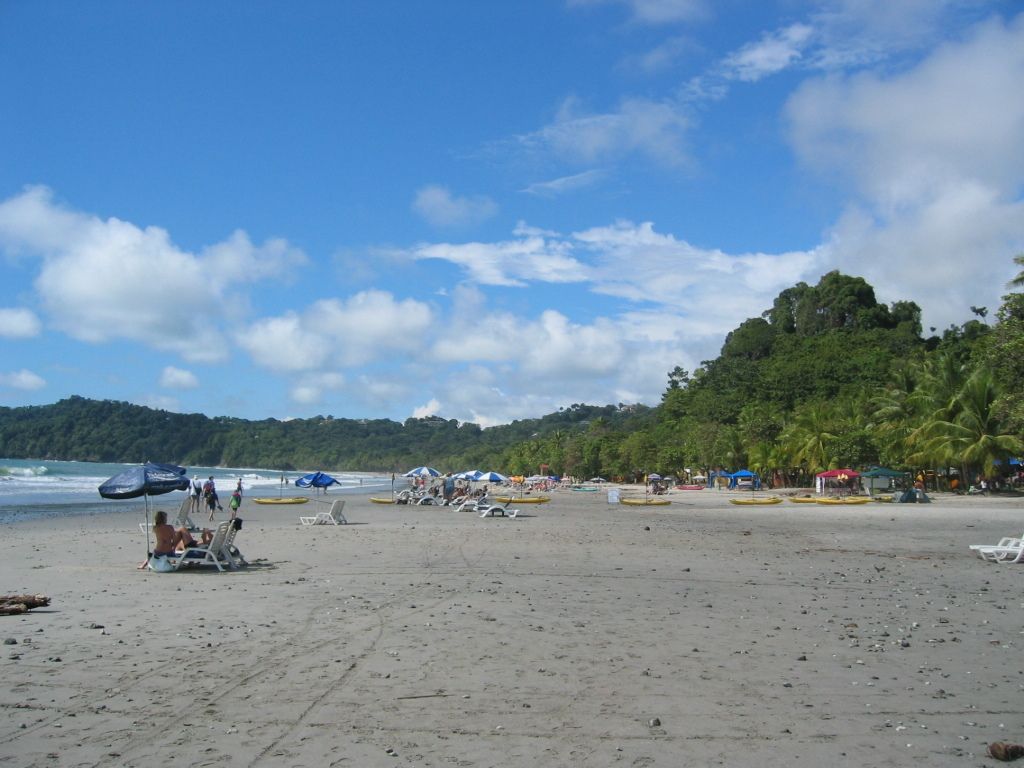Financial organizations remain cautious about Korea's economic expansion, with the average projection pegged at a modest 0.9% growth rate.
Stumbling Economy: South Korea's Struggles Unveiled
In a city like Seoul, where opulent supermarkets brighten the streets, it's evident that the South Korean economy is no stranger to luxury. But beneath the gleaming facade, a troubling reality unravels: increasing economic pressure that threatens to drag the nation down.
Trade tensions, a slowing global economy, and sluggish consumer demand are fueling this downward spiral. South Korea is heavily dependent on exports, making it vulnerable to global economic fluctuations and geopolitical tensions, particularly with major trading partners like the U.S. The escalation of trade wars and the spread of protectionism can only intensify the struggle for the country's trade-reliant economy.
Export growth, already limping along, is forecast to remain low, with a prediction of merely 1.8% in 2025, a stark contrast to the 6.9% growth seen in the previous year. On the domestic front, low consumer and business confidence are hampering private consumption, a key driver of the economy. Despite modest growth predictions of 1.6% in 2025 compared to 1.1% in 2024, the road to recovery remains bumpy.
The OECD has revised its growth outlook for South Korea in 2025 to a dismal 1%, following repeated cuts from initial projections of 2.1%. Other economic institutions such as the Bank of Korea and the International Monetary Fund have similarly revised their forecasts, with the Bank of Korea predicting a meager 0.8% growth. To provide a temporary boost, the government has implemented fiscal measures, but the need for a more sustainable fiscal framework for long-term recovery remains.
In addition to the economic woes, South Korea faces political instability that further undermines the nation's progress. The short-lived imposition of martial law by the former president and ongoing political uncertainties have dampened both business and consumer confidence, creating a vicious cycle of uncertainty and stagnation.
Structural issues, such as the struggling construction sector and a declining working-age population, compound the challenges faced by the economy. The construction sector, plagued by a prolonged downturn in orders, is expected to continue its negative growth trajectory. This, along with a shrinking labor force, could significantly impact employment numbers and the broader economy.
In the face of such daunting challenges, the next South Korean president will have their work cut out for them. Prioritizing the economy and navigating this labyrinth of issues will be essential to steer the nation back on the path to growth and prosperity.
South Korea's struggling economy, heavily reliant on exports, is also seeing a slowdown in domestic business due to low consumer and business confidence. Despite government fiscal measures, there's a need for a more sustainable fiscal framework to ensure long-term recovery and drive growth in key industries like trade and construction. The ongoing political instability and structural issues such as a declining working-age population further complicate the economic woes, requiring careful finance management and strategic decisions from the next president.






